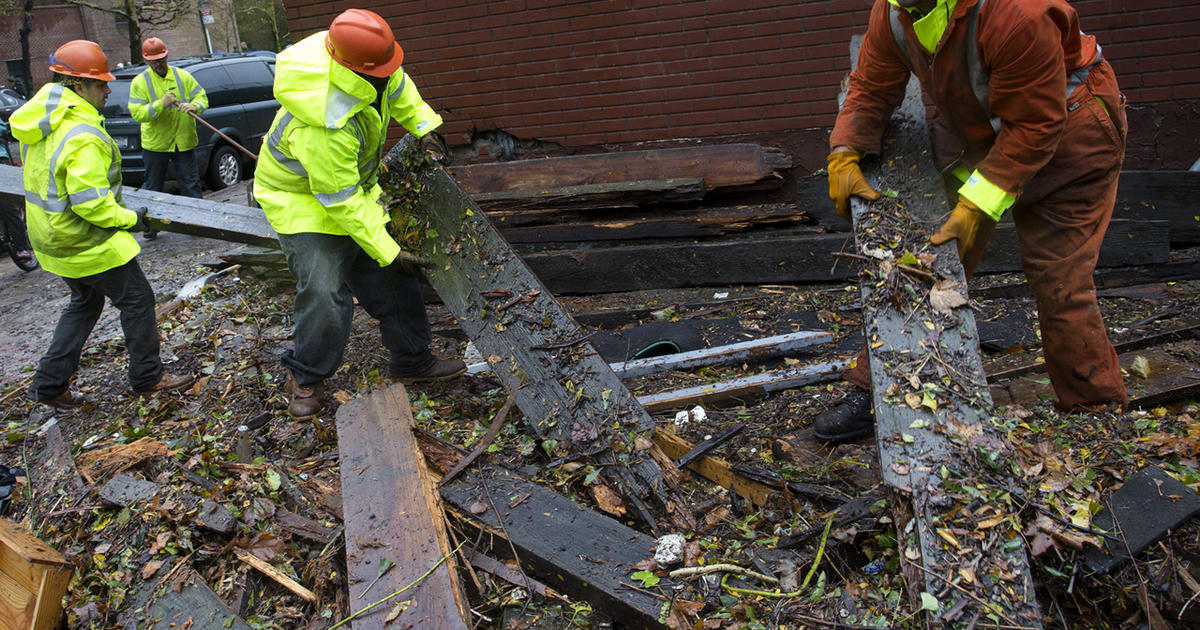A difference between New York and Toronto that people are not realizing is that New York is at sea level. A lot of their infrastructure is below sea level. Toronto isn't nearly that bad. Parts are below the lake level, but not much of it.
The differences are a bit more complex than that, but you are right.
Toronto, however, does have many areas in floodplains.
Now, we don't, for the most part, run continuous underground wire through out valleylands.
But we do have a number of roads that dive low, both into valleys, but also under highways, railways etc, where surface water build up could be a concern.
But there are also several ways to address that, including where your points of entry are to any hydro vault/conduit, drainage design inside same etc etc.
Its important to say, there are different ways to underground.
Simple cable, narrow conduit (not for a human, just space around the cable); trench, but also human-scaled corridor.
All of these come with different costs, and different benefits.





